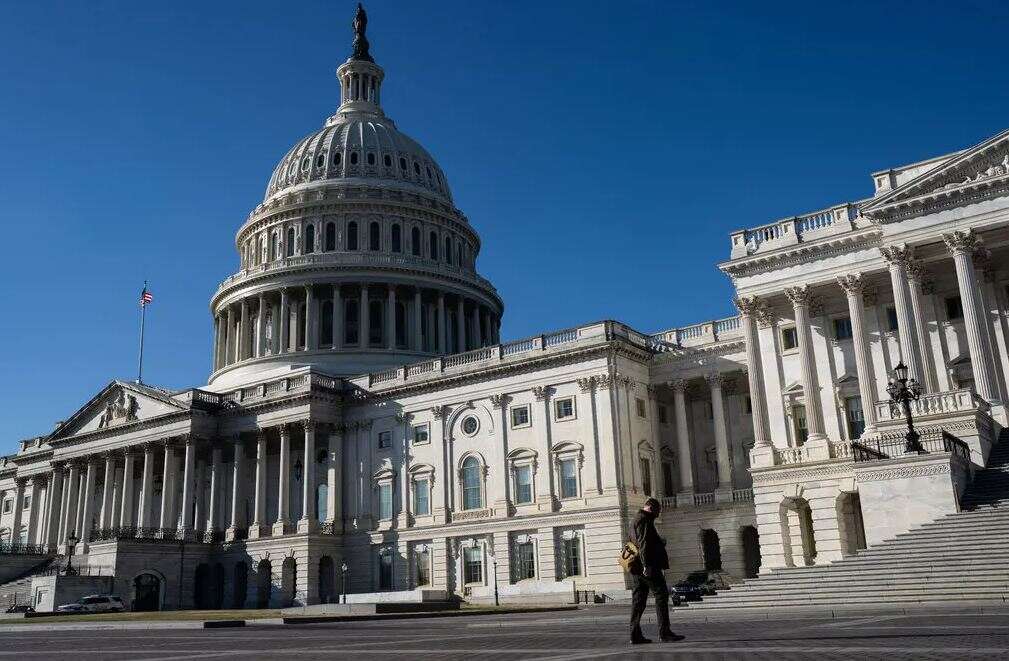A little-noticed rule change adopted by Democrats in the waning days of their control last year might provide House members with a long-overdue pay raise, enabling them to be compensated for the cost of accommodation, meals, and transportation while on official business in Washington.
House members have refused to accept a cost-of-living rise in yearly spending bills for the previous 12 years out of fear of a political reaction if they were perceived to be giving themselves a raise. The provision, buried away in internal regulations that generally garner little public notice and without a public discussion on Capitol Hill, could amount to a subsidy of around $34,000 per member this year. That would be a significant rise for legislators who spend weeks at a time in the nation’s capital, where the cost of living is among the highest in the country.
The new regulation, introduced by Democrats on the House Administration Committee and enacted without opposition in December, was not publicly communicated to House members until Tuesday. In an email written by the top administrative officer of the House and obtained by The New York Times and Bloomberg News, congressional offices were instructed not to submit reimbursement claims for rental and housing charges until the committee offered further instructions.
Representative Zoe Lofgren, the California Democrat who chaired the Administration Committee at the time of the move, and the other Democratic members of the panel did not reply to calls for comment.
However, several Republicans were eager to attack it.
Former Alabama Representative Mo Brooks, a Republican, said, “It is possible to have a legitimate public policy discussion on whether lawmakers should be paid more to attract a better group, and you could have a reasonable argument on inflation adjustments, but it should be done in public.” “My major complaint is that it was a well guarded secret.”
While rank-and-file members earn $174,000 annually, which is significantly over the U.S. median wage, many of them own homes in both their districts and in Washington. The increase in remuneration is intended to assist them with secondary dwelling expenses. Approximately one-third of the year is spent in Washington, D.C., where legislators have expressed anxiety about their ability to pay to reside. Some members have chosen to sleep at their workplaces or share residences.
In its December report, the Select Committee on the Modernization of Congress suggested the increased payment, noting that it would expand the number of individuals who could afford to serve on Capitol Hill.
The study said, “unlike their colleagues in the executive branch and commercial sector, members do not get a per diem or reimbursement for their out-of-pocket living expenditures while working in Washington.”
According to a manual issued by the Administration Committee, the General Services Administration has put a daily maximum on reimbursement amounts for parliamentarians.
Using the rates established for the 2023 fiscal year, which ends in September, and estimations based on last year’s rates for October through December, members might be paid a maximum of around $34,000 this year. If all 440 existing members and delegates sought the maximum amount, the total amount of compensation would be around $15.1 million.
The previous edition of the internal handbook permitted members to be compensated for travel and accommodation expenditures spent on official business, but did not state that this might also apply to expenses incurred in Washington.
However, the additional payments for members will be deducted from the same pool of cash, causing fear among those aides who have long complained of being underpaid that the move may result in fewer resources for them.
